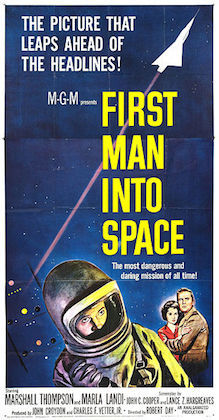Repulsion (1965) Review | Scariest Horror Movies Ever Dissected
- Hound of Hellish Horror
- Nov 10, 2022
- 2 min read

Roman Polanksi's first English feature, Repulsion ( 1965), dissects one woman's disorientating descent into psychological insanity, using invasive camera work and claustrophobic visuals to convey a tormented mind plagued by pathological paranoia.
Constantly dipping in and out of lucid dream states, Repulsion (1965) offers a weirdly hallucinatory and hypnotic window into one person's growingly unhinged mindset.
When Carole, a fragile female manicurist, starts to sense her sanity slipping away, she begins experiencing a series of disturbing delusions staged around her worst nightmare scenario. Played compellingly by Catherine Deneuve, it's a coldly detached performance whose chilling absent-mindedness creepily unveils extreme mental duress as events sharply spiral out of control.
Consuming Carole's psyche throughout the film is an underlying pathological fear of men involving intimate interaction. As events unravel, we witness Carole's slow and torturous psychological descent via distressing hallucinations.

Want to sink your claws into more of the scariest horror movies ever? Why not dissect our horror movie review of The Invisible Man (1933).
Told through a dizzying lens of vividly misshapen daydreams and darkly envisioned delusions, Polanksi artfully distorts the line between fiction and reality, cleverly tapping into psychological fears and societal phobias while never drawing a clear distinction between the two.
Though the symbolism here seems stark at times, not least through its amorally depraved projections of men, Repulsion (1965) essentially explores how psychological fear and entrenched neurosis can manipulate the mind.
With its distressing imagery, jump-evoking scares, and scarring psychological frights, Polanksi's Repulsion (1965) presents a must-watch for discerning horror fans, amd still manages to inflict significant distress on the psyche today.



Comments